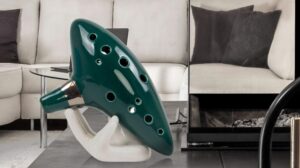
Exploring the Mystical Sounds: The World of the Ocarina
The ocarina is an ancient wind instrument known for its otherworldly and evocative sound. With a history spanning over 12,000 years across cultures worldwide, the

When it comes to preserving the charm and sound of your ocarina, storage is key. Just like a treasured book or a fine wine, your ocarina needs the right environment to maintain its beauty and functionality. In this comprehensive guide, we will delve into how to select the best storage options for your ocarina, ensuring that it remains in top-notch condition for years of musical enjoyment.
Characteristics of Various Ocarina Materials
Ceramic ocarinas are durable and resistant to environmental changes, able to withstand varying temperatures and humidity levels.
Plastic ocarinas are similarly resilient and offer flexible storage options, but they may warp if exposed to extreme heat.
Tailoring Storage Solutions to Material
Wooden ocarinas need more careful handling due to their susceptibility to cracking and warping from humidity and temperature changes.
Consistent environmental conditions are critical for wooden ocarinas; avoid storing them in places with drastic temperature fluctuations, such as near heating vents or in uninsulated attics.
When storing your ocarina, choosing the right location is as important as the care you give it. Here, we’ll discuss the optimal conditions and ideal places for safely storing your instrument.

The location of storage plays a crucial role in the wellbeing of your ocarina. Environments with controlled humidity and temperature are ideal.
Places like a living room or a dedicated music room, where the climate is consistent, are excellent choices.
Avoid areas like basements or garages, where humidity and temperature can fluctuate wildly.
Achieving the right balance of humidity and temperature is key.
Ideally, the room should have a relative humidity level of around 40-60% and a stable temperature, avoiding the extremes of hot and cold.
Using a dehumidifier or humidifier, depending on your local climate, can help maintain these conditions.
Selecting the right storage container is crucial for the longevity and protection of your ocarina. Let’s explore various options and their respective benefits and drawbacks to find the best fit for your instrument.
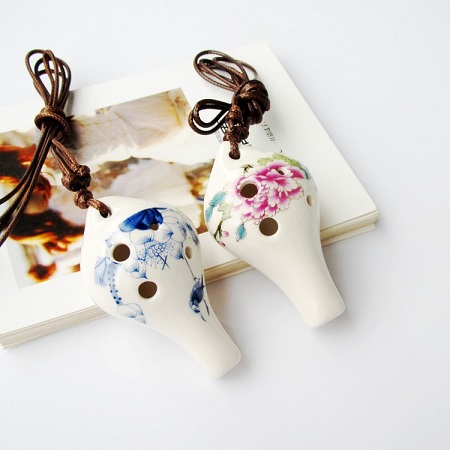
The container in which you store your ocarina can significantly impact its preservation.
Hard cases, typically made from materials like ABS plastic or fiberglass, offer robust protection against physical damage and environmental factors.
Soft pouches, while not as protective against impacts, provide a lightweight and convenient option, often lined with soft materials like velvet or fleece to prevent scratches.
For those willing to invest more, custom-fitted cases are an excellent choice.
These cases are designed to fit your ocarina snugly, providing optimal protection.
Some even come with additional features like hygrometers to monitor humidity levels inside the case, ensuring your ocarina is stored under ideal conditions.
Protecting Your Ocarina from the Elements:Dust and moisture are the enemies of any musical instrument, including ocarinas.
Using silica gel packets or other desiccants in the case can help absorb excess moisture, preventing the growth of mold and mildew.
A breathable cover or a cotton bag can keep dust away while allowing air circulation.
Best Practices for Humidity Control:Too much or too little humidity can adversely affect your ocarina. A hygrometer can be a valuable tool in your storage area to monitor the humidity levels.
If you find the air too dry, a small room humidifier can add the necessary moisture; conversely, a dehumidifier can be used in overly humid conditions.
Stay on top of your ocarina’s condition.
Even in storage, your ocarina needs regular check-ups. Inspect it every few months for signs of cracking, warping, or other damage.
This is especially crucial for wooden ocarinas. Also, check for any changes in sound or tone, as these can be early indicators of issues.
A maintenance schedule can include tasks like cleaning the ocarina, checking for any loose parts, and ensuring the instrument is free of dust and debris.
Regular play is also a good way to ensure that it remains in working order.
For those times when your ocarina needs a longer rest.
If you need to store your ocarina for an extended period, additional steps should be taken. Ensure that it is thoroughly clean and dry before storage.
Wrapping it in acid-free tissue paper can provide extra protection against scratches and dust.
For long-term storage, consider detaching any removable parts and storing them separately to relieve tension. This can help prevent stress on the ocarina and preserve its structural integrity.
Additionally, rotating the ocarina’s position periodically can prevent pressure marks and ensure even exposure to any environmental changes.
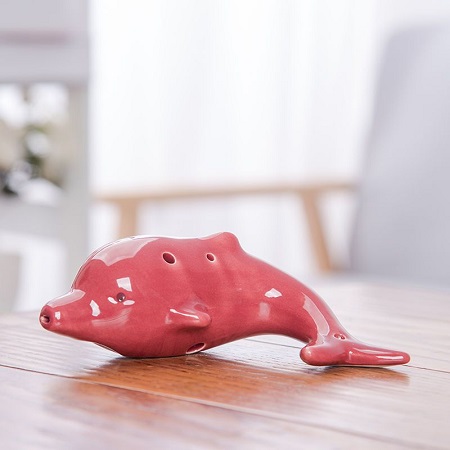
Selecting the right storage for your ocarina is a critical aspect of its care. Whether you are a casual player or a serious musician, the way you store your instrument impacts its longevity and sound quality.
By following these guidelines and understanding the unique needs of your ocarina, you can ensure that it remains a cherished musical companion for many years. Remember, a well-cared-for ocarina doesn’t just preserve its functionality; it also maintains the joy and beauty it brings to your music.
Proper storage isn’t just about putting your ocarina away when it’s not in use; it’s about creating an environment where it can rest, safe from harm, and retain its musical essence.
This means considering not just the physical space, but also the container and the conditions within. It’s about balancing practicality with care, and attention to detail with a broader understanding of the ocarina’s needs.
In the end, the effort you put into storing your ocarina properly will pay off in its enduring quality and sound.
A well-preserved ocarina is not only a source of personal joy but also a legacy that can be passed down, carrying its melodies and memories for generations.
So, give your ocarina the care it deserves, and let it fill your life with its enchanting music, today and always.
Can I store my ocarina in an outdoor shed or balcony?
While it might seem convenient, storing an ocarina outdoors exposes it to fluctuating temperatures and humidity, which can be detrimental, especially to wooden ocarinas. It’s best to keep your instrument indoors where you can control the environmental conditions.
Is it necessary to use a hard case for my plastic ocarina?
While plastic ocarinas are more durable, a hard case is still recommended for maximum protection, especially if you travel frequently. It guards against accidental drops and keeps the ocarina safe from external pressure or impact.
How can I tell if my ocarina is affected by humidity changes?
Signs that your ocarina is being affected by humidity include changes in the wood’s color or texture (for wooden ocarinas), a dulling or change in sound quality, or difficulty in playing certain notes. If you notice these signs, reassess your storage conditions.
Can I leave my ocarina on a stand for display?
While displaying your ocarina on a stand is fine for short periods, long-term exposure to open air can lead to dust accumulation and potential damage. For prolonged storage, it’s safer to keep it in a case.
Are there any specific cleaning products to avoid when maintaining my ocarina?
Avoid using harsh chemicals, alcohol-based cleaners, or abrasive materials on your ocarina. These can damage the surface, especially for wooden and ceramic ocarinas. Instead, use a soft, damp cloth for cleaning and ensure it’s dry before storage.


The ocarina is an ancient wind instrument known for its otherworldly and evocative sound. With a history spanning over 12,000 years across cultures worldwide, the
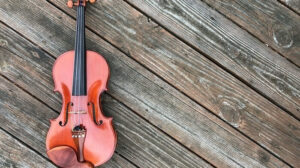
When it comes to taking care of your musical instruments, ocarina requires special attention, especially in terms of disinfection. Whether you’re a professional musician or

The world of music is filled with diverse and captivating instruments, and among them, the ceramic ocarina stands as a unique and charming creation. With

The enchanting melodies of an ocarina have the power to transport us to distant realms and evoke emotions like no other instrument. However, there are
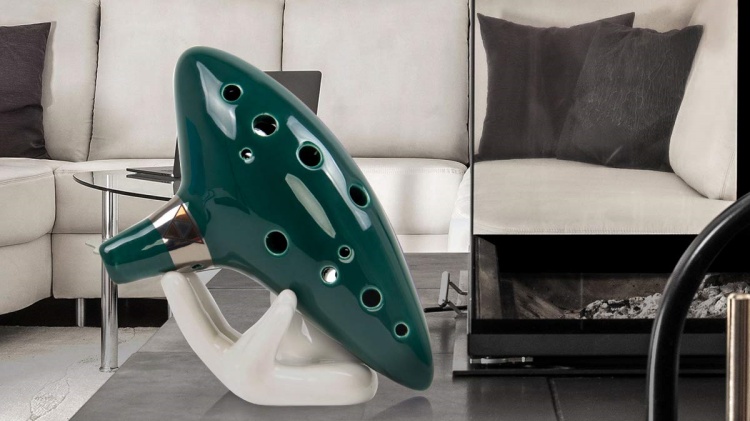
The ocarina is an ancient wind instrument known for its otherworldly and evocative sound. With a history spanning over 12,000 years across cultures worldwide, the

When it comes to taking care of your musical instruments, ocarina requires special attention, especially in terms of disinfection. Whether you’re a professional musician or

When it comes to preserving the charm and sound of your ocarina, storage is key. Just like a treasured book or a fine wine, your

The world of music is filled with diverse and captivating instruments, and among them, the ceramic ocarina stands as a unique and charming creation. With
Copyright © 2024 echofluteocarinas. All Rights Reserved.